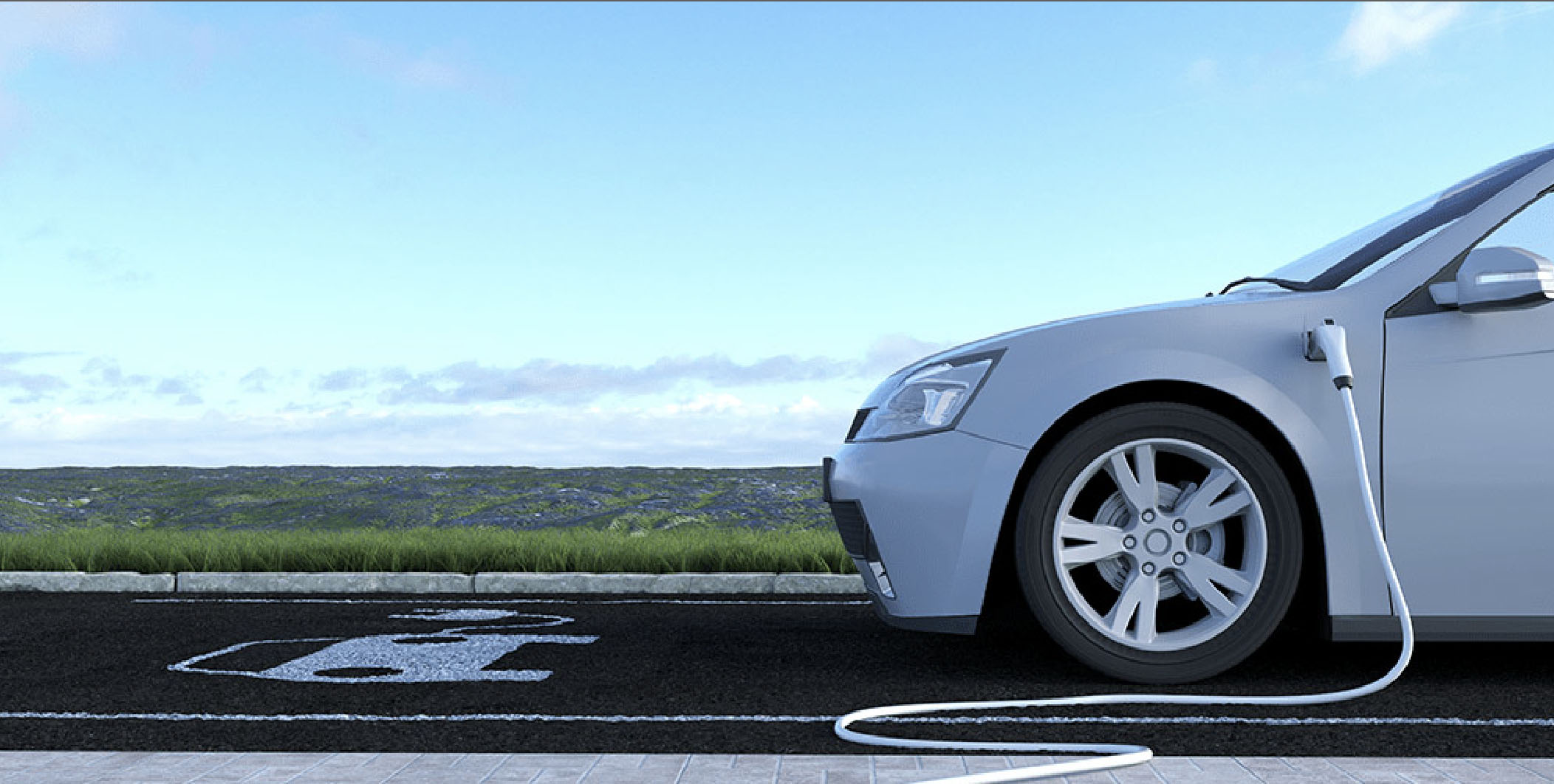As we look ahead to a world in which our transport is increasingly electrified, one issue looms large: how are we going to handle the sheer volume of battery waste? There is a lesson to learn from the circular economy principles applied in lead recycling.
Approximately 85% of the total global consumption of lead is used for the production of lead-acid batteries, primarily used in vehicles and the storage of energy.
The components of these batteries are, in theory, 95% recyclable – and in this sense have an ecological advantage.
Yet so-called ‘backyard recycling’ of lead acid batteries – an extremely dangerous and damaging practice of unregulated recycling by individuals or unqualified firms – still accounts for many cases of lead contamination worldwide.
The situation has been exacerbated in recent years by the surge in demand from the automotive industry that has prompted a sharp increase in the reuse of old lead acid batteries as manufacturers in many countries have lacked access to the lead deposits necessary to create new batteries.
What resulted is that in some countries there has been a significant toxic spread throughout homes and communities as remnants of batteries were dumped in local soil and water supplies.
It’s an issue that global health and development organisations are all too aware of. In 2016, lead acid batteries were labelled one of the world’s worst pollution problems by NGOs Pure Earth and Green Cross Switzerland.
Battery waste crisis
The UN’s Environment programme identifies promoting the environmentally sound management of waste lead acid batteries as a key emerging issue.
And this does not concern only emerging markets. In Greece, where Sunlight is headquartered, the situation was, until very recently, particularly dire. Four years ago, just 51% of used scrap batteries were legally recycled or collected, compared to the European average figure of 95%, with the remaining 49% suspected to have been disposed of or recycled illegally, contributing to environmental lead contamination.
Our response was to create our own EMAS-certified recycling facility, the top in European level battery manufacturing, to employ the circular economy model.
By recycling up to 86% of the lead acid battery in-house, we not only achieved vertical integration of the lead supply, and better control over the delivery timeline of lead needed for our new batteries and over the composition and quality of the alloys, but we took advantage of an economic benefit – the reduced purchasing cost of the lead we needed to make new batteries.
While we are proud of what we’ve achieved with Sunlight Recycling, we won’t be able to overturn the battery waste crisis alone.
We need the broader battery industry and the overall business community to work together and ensure that our environmental impact is at an absolute minimum – rather than relying purely on government efforts, or worse, leaving the problem at the door of our consumers and customers.
If not recycled properly, batteries can be extremely damaging both to the environment, and to people.
Investment
Investing in recycling facilities is vital, and public education is also an important measure to engage wider audiences with an understanding of the scale of the problem – and how to resolve it.
In 2016, we launched Green Mission to do precisely this: we wanted to engage and inform not only other companies, but also the general public about the importance of environmentally recycling lead acid batteries.
Specifically, we wanted to emphasise the key role these audiences can play in the process, thereby increasing the legal collection of lead acid batteries for safe recycling, and minimising the impact of the environment.
With 67 Green Mission member-companies registered in only four years throughout Greece and across various business sectors, it’s been encouraging not only to see an increased enthusiasm for and awareness of the need to recycle lead acid batteries, but also to hear that the companies involved have told us the experience has inspired them to take a closer look at the way in which they recycle other material waste – and make improvements there too.
In this way, by adopting a circular economy approach in one core part of their businesses, companies are encouraged to take a genuinely holistic approach to sustainability across their entire business supply chain, making improvements elsewhere.
Since the coronavirus pandemic struck, governments across the world have vowed to ensure their economic recovery from the pandemic is a green one. If we’re serious about making this a reality, we must prioritise sustainable recycling of batteries on a global scale – and it must start with battery manufacturers taking responsibility for managing the waste created by their products.
We must work together to urgently develop rigorous processes to safely recycle lithium-ion batteries and ensure that e-waste from lead-acid batteries does not spiral out of control.
